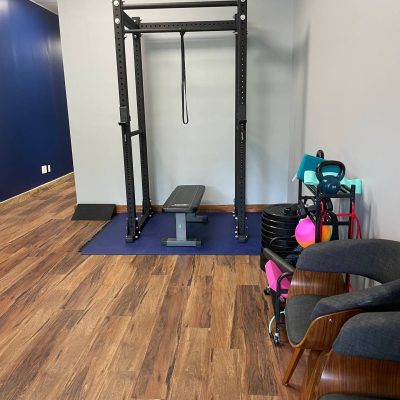by Erica Mitchell, PT, DPT
It’s not uncommon for children to have aversions or fears related to using the toilet, particularly when it comes to pooping. This issue, known as fecal withholding or stool toileting refusal, is more prevalent than most people think. Some children find it uncomfortable, frightening, or simply prefer the familiarity and security of a diaper.
Factors contributing to this aversion can include:
- Fear of the toilet: The size, noise, or fear of falling in can make a child anxious.
- Pain or discomfort: Past experiences of constipation or painful bowel movements might make them avoid going.
- Control and autonomy: Some children resist the idea of being told when and where to use the toilet, asserting their independence.
- Anxiety or stress: Changes, such as starting school or other life events, can trigger toilet-related anxiety.
- Sensitivity or sensory issues: Some children have sensory processing issues that make certain experiences, like sitting on the toilet, uncomfortable.
If you’re facing this issue, it might be beneficial to:
- Be patient: Pressuring or punishing can exacerbate the problem.
- Create a positive environment: Make the toilet a comfortable, positive place. Use books or toys to make it more inviting.
- Establish routines: Regular toilet times can help.
- Seek professional help: If the aversion persists, consulting a pediatrician, child psychologist, or pelvic floor physical therapist can provide guidance tailored to your child’s needs.
There are also consequences due to toilet aversion with a common problem being constipation from withholding stool. This occurs when a child intentionally avoids passing stool, often due to fear or discomfort associated with bowel movements. They may withhold stool for various reasons with toilet aversion being possible.
The longer stool remains in the colon, the more water is absorbed, making it harder and more painful to pass. This creates a cycle where the child becomes more fearful of passing stool due to the associated discomfort, which further exacerbates the constipation.
To address constipation due to withholding stool, here are some steps you can take:
- Encourage a healthy diet: Ensure your child gets plenty of fiber from fruits, vegetables, and whole grains. Adequate hydration is also important.
- Establish a routine: Encourage regular toilet habits after meals, as the body’s natural reflexes are often stronger then.
- Create a comfortable environment: Make the toilet experience more pleasant by using a stool or step for their feet, making sure it’s warm and inviting.
- Encourage relaxation: Teach relaxation techniques like deep breathing to ease anxiety associated with bowel movements.
- Consult a professional: If the issue persists or causes significant distress, consulting a pediatrician or a pelvic floor physical therapist can provide tailored advice.
Patience and understanding are crucial when dealing with constipation related to stool withholding. It’s essential to create a supportive and understanding environment for your child and avoid punitive measures, as these can exacerbate the issue.
Remember, every child is different, and what works for one may not work for another. If this becomes a significant concern or if it’s causing distress to your child, seeing a pelvic floor physical therapist with pediatric experience can help. Call us for a consult today!







